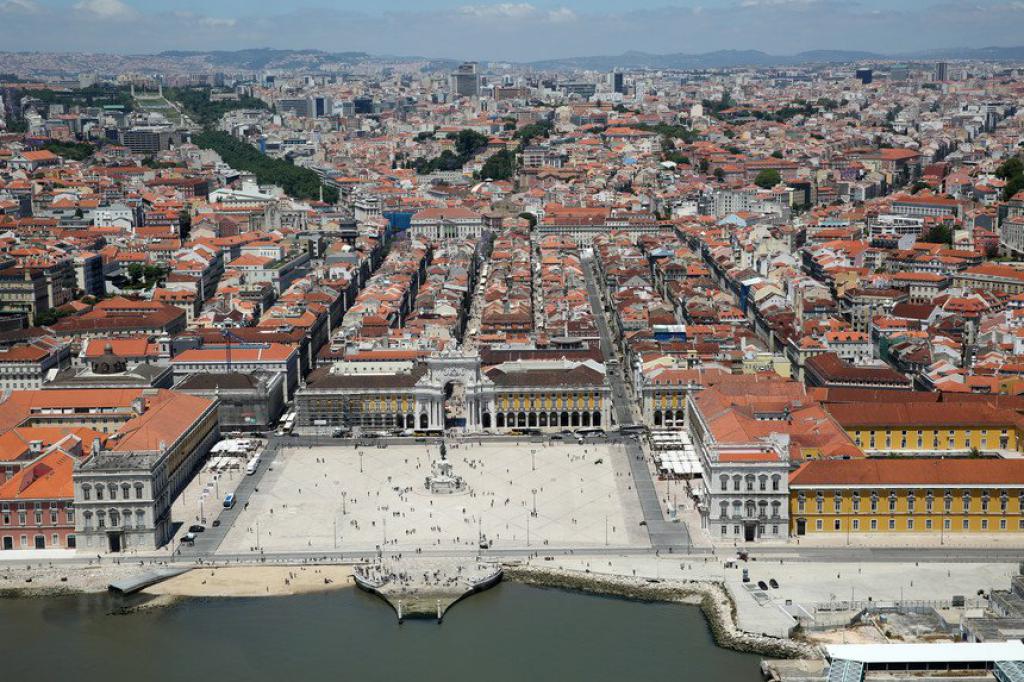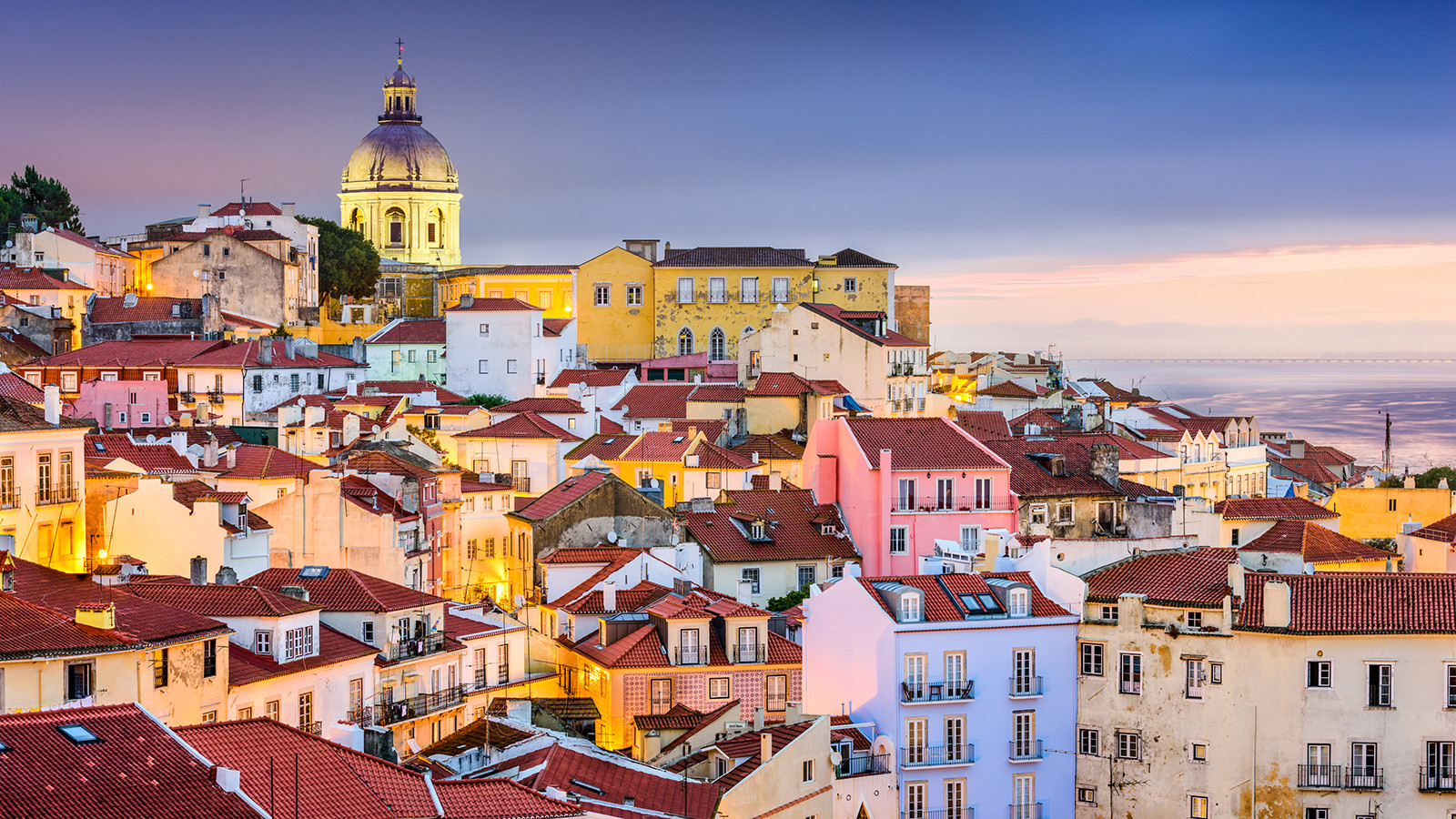RIO DE JANEIRO, BRAZIL – They are millionaire mega-investors, students, businessmen, sand sculptors, app drivers, artists and unemployed. They are Brazilians in Portugal.
Numbers and accounts obtained by the Estado de S.Paulo daily newspaper, show that most “zucas” (as Brazilians are informally called by the Portuguese), of all ages and social classes, are not even thinking about coming back.

In 2018, the Immigration and Borders Service (SEF) registered an increase in the resident foreign population, totaling 480,300, the highest number since records started in 1976. The “zucas” are already one in every five: 105,423. Two years earlier, they were 81,251, an increase of 29.7 percent.
Data requested by the report to the SEF show that among Brazilians living in Portugal, there are more women and at the optimum age for productive capacity, between thirty and 44 years of age. A total of 42,848 men and 62,575 women were registered. Of this group, 43,396 (41.16 percent) are in this age range.
Lawyer Luiz Ugeda, from Porto Advogados, explains that the European country, with an aging population, needs qualified labor.
From the Brazilian point of view, “there is discomfort among certain layers of the Brazilian population over the crisis that the country is experiencing. Not only the economic and political one but the crisis of values. There are many qualified people, academics, liberal professionals, and businessmen.”
Thus, those who come have a different profile from previous migration flows — in 2012, and there was virtually the same number of resident “zucas” (105,622). “You still have professionals who subject themselves to underemployment, who seek any means of survival, but there are also qualified ones.”
The Lisbon Airport alone, in the capital, serves 12 daily flights from Brazil. Among those who are not tourists, most of them stay there.
Most of these citizens now live in the regions of Lisbon (42,847), Porto (12,994) and Setúbal (10,728), where more jobs are available. Brazilians are now among the foreigners investing the most in the ancient European metropolis. In 2017, they accounted for 19 percent of investments (second only to the French with 29 percent).
Real Estate
The influx of foreigners looking for a place to live, particularly in Lisbon, is pointed out as one of the contributing factors to the “crisis” in the property market (lack of housing). In addition, the tourist boom is converting several properties into temporary accommodation, such as Airbnb. Heavy demand and low supply cause rental prices to skyrocket.

“It’s hard to find affordable housing. Besides, for Brazilians, landlords often demand twelve months advance rent deposits”, alerts Cyntia de Paula, president of Casa do Brasil association, which provides guidance to newcomers. Between 2013 and 2018, property prices increased by 46 percent, according to the Confidencial Imobiliário group.
The main reasons invoked for granting new permits were regrouping the family — when the wife, or often the husband, has gone to Europe and later sends for the remaining family — for work and study.
In addition to the increase in applications for residency, many Brazilians have been seeking Portuguese nationality, through marriage, or having ancestors, or long term of residence permits in the country. In 2018, 11,586 were granted Portuguese nationality against 10,805 the year before.

Well-being as a Key Factor
Lawyer Gilda Pereira, a partner of Ei Immigration Advisory, tells that her clients always quote safety, schools, and quality public health as key factors.
“I had a client who had cancer after coming here, and he was surprised at the quality of health service in the public system.”
Despite a better job market, it is not easy to place a “zuca” — and in certain areas, the language helps less than one might expect. “I’ve been getting good jobs in Portugal, but I know that my chances are limited because the Portuguese I speak is that of Brazil. The two soap opera characters that I played were Brazilian”, says actress Thaiane Anjos, 30 years old, who traded Rio for Lisbon four years ago. In the country, she acted in the soap operas Flor do Caribe, Além do Horizonte, and Malhação, of Rede Globo.
Red tape is yet another issue, as explained by the 34-year-old advertiser Aline Camargo, who went to Lisbon four and a half years ago. Initially, she and her husband entered Europe as tourists, but then they decided to stay and look for paid work. “It took us nearly two years waiting for an appointment for an interview to apply for residence,” she says. It was after having a daughter in Portugal that she sought to legalize her situation. “I only got my residence this year.”
Prejudice
The discrimination factor also influences the immigrant community to some extent. According to the Annual Report on the situation of Racial and Ethnic Equality and Non-Discrimination in Portugal, the Brazilian nationality, as a factor of discrimination by origin, emerges in the third position, referred to in 45 complaints, representing 13 percent of the total — in the previous year, there were 18 cases. In April, a collage made at the University of Lisbon that “offered” stones to throw at “zucas” had international repercussions.
However, even on this point, the migratory flow presents very Brazilian contradictions. This is the case of circus teacher Glaucia Manzzaneira, 36 years old, who traded São Paulo for Porto seven months ago. “From 2016 on, I began to perceive a change in Brazil, a freeing of the “hate speech” against the LGBT community.” She and her wife became the target of cursing, jokes, and threats on the streets. “Here, in Portugal, there may be some prejudice, I notice some glances, but nobody dares approach us in the streets,” she says, who was also a victim of the economic recession and had to close down her circus school. “Portugal seemed like a safe and easy place to emigrate.”


